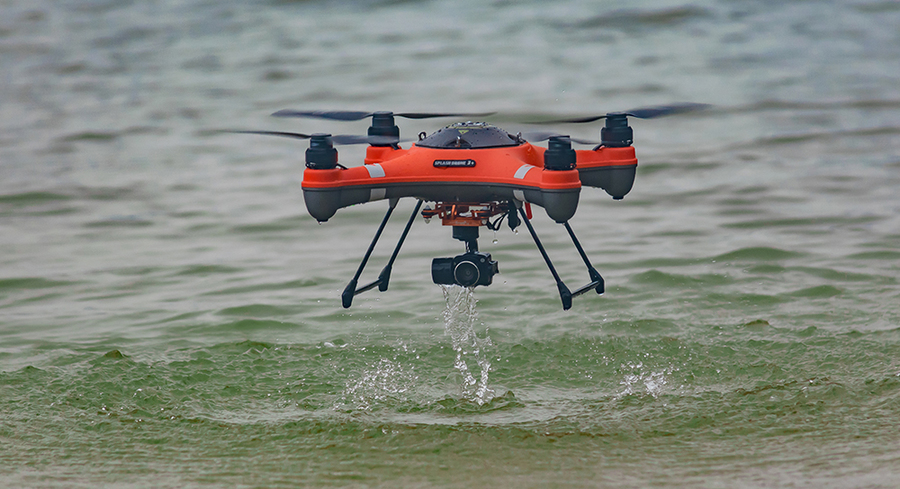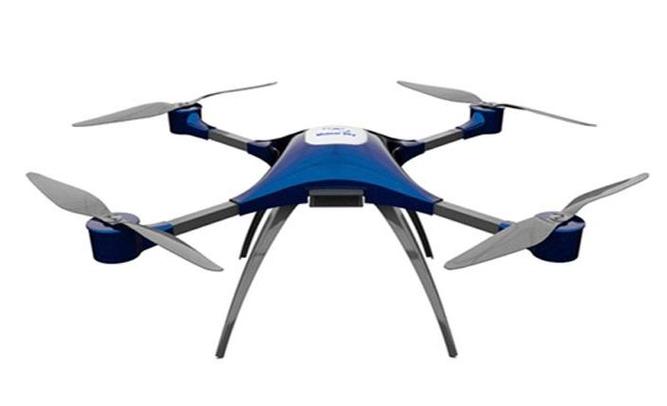In today’s rapidly evolving technological landscape, the concept of “Drone as a Service” (DaaS) has emerged as a transformative solution for modern businesses. Companies across industries are increasingly leveraging drones to gain a competitive advantage, reduce operational costs, and enhance efficiency. Understanding how DaaS can innovate various sectors is crucial for staying ahead in the market.
Why Drone as a Service?
The adoption of drones in business processes offers numerous benefits. Drones equipped with various sensors provide high-resolution images and data in real time, allowing businesses to make effective decisions swiftly. Such services are used extensively in sectors like agriculture, construction, and logistics, offering unparalleled insights and data accuracy.

Applications of Drone as a Service
Drone as a Service finds application in a myriad of sectors. In agriculture, drones can monitor crop health, assess soil conditions, and even apply fertilizers precisely, leading to enhanced crop yield and reduced chemical usage. In construction, drones provide aerial mapping and progress monitoring, ensuring projects run smoothly and safely. Logistics businesses use drones to streamline deliveries, especially in areas where traditional transportation faces challenges.
Enhancing Operational Efficiency

The integration of DaaS allows businesses to enhance operational efficiency by automating tasks that were traditionally manual and time-consuming. With drones, companies can conduct inspections, surveys, and maintenance with greater speed and accuracy, thus freeing up resources for other critical tasks. By minimizing human intervention in routine tasks, businesses save money and reduce the risk of human error.
One of the significant advantages of Drone as a Service is its cost-effectiveness and scalability. businesses don’t need to invest huge capital upfront for drone technology; instead, they can opt for service models that fit their budget and needs. This flexibility allows businesses of all sizes to benefit from advanced drone technology without straining financial resources.
Future Trends in Drone as a Service
The future of DaaS looks promising, with advancements in technology leading to improved drone capabilities. The integration of AI and machine learning with drones is expected to bring sophisticated analyses and autonomous operations. Such advancements could revolutionize industries, paving the way for newer applications and more innovative solutions.
Case Study: Drone Deployment in Retail
Retailers are exploring drones for inventory management and facilitating faster deliveries. An example is a large retail chain employing drones to manage stock levels more efficiently, reducing the time and error associated with manual inventory counts. By offering quicker delivery services, drones also enhance customer satisfaction and loyalty.
Frequently Asked Questions
- How does DaaS affect privacy concerns?
Businesses using DaaS must comply with regulations and ensure drones are deployed with privacy controls, respecting personal data and privacy laws. - Are drones suitable for small businesses?
Yes, the scalability of DaaS models allows small businesses to integrate drones into their operations without significant upfront costs. - What industries benefit the most from DaaS?
Agriculture, construction, logistics, and retail are among the sectors that benefit significantly due to enhanced operational capabilities provided by drones.